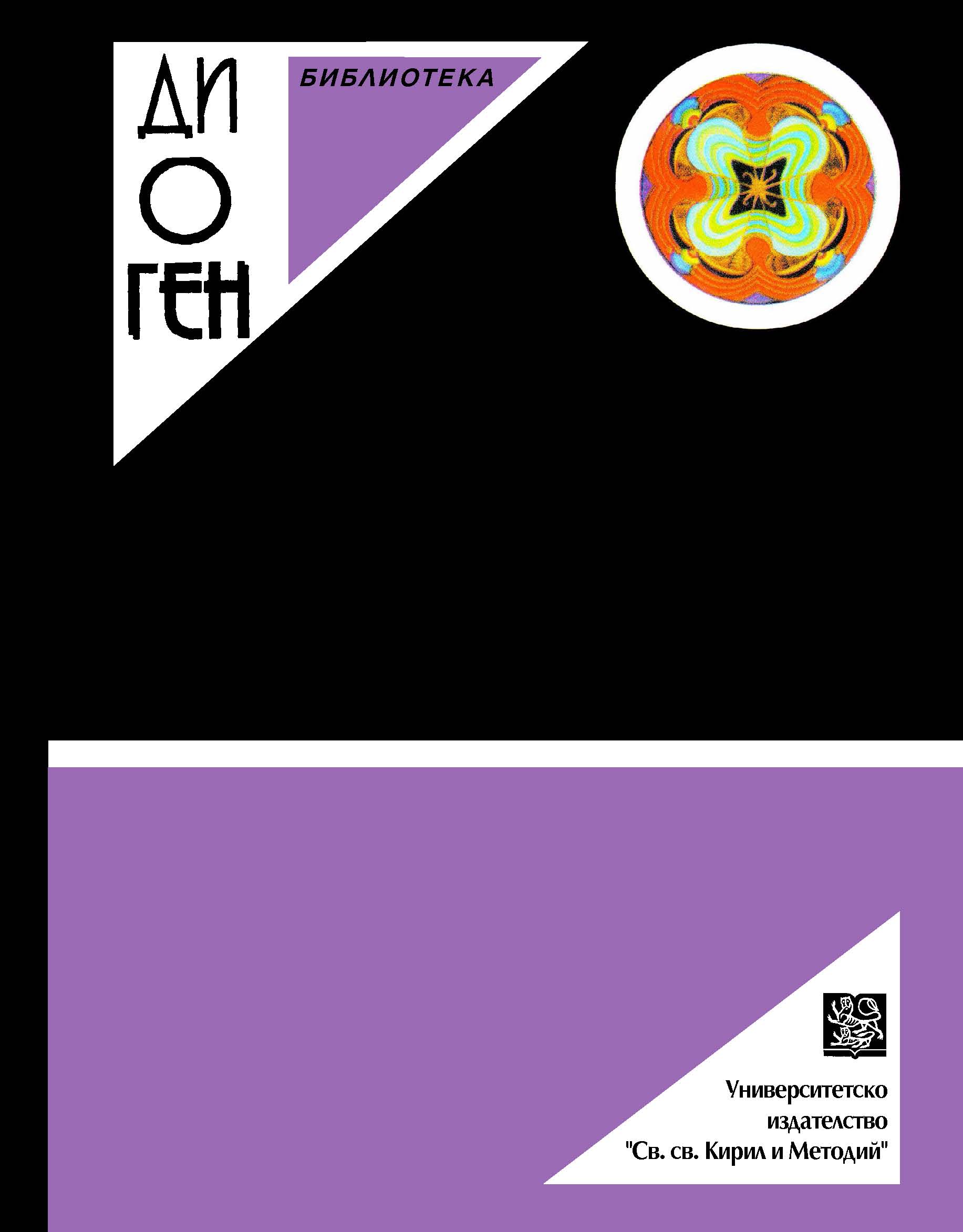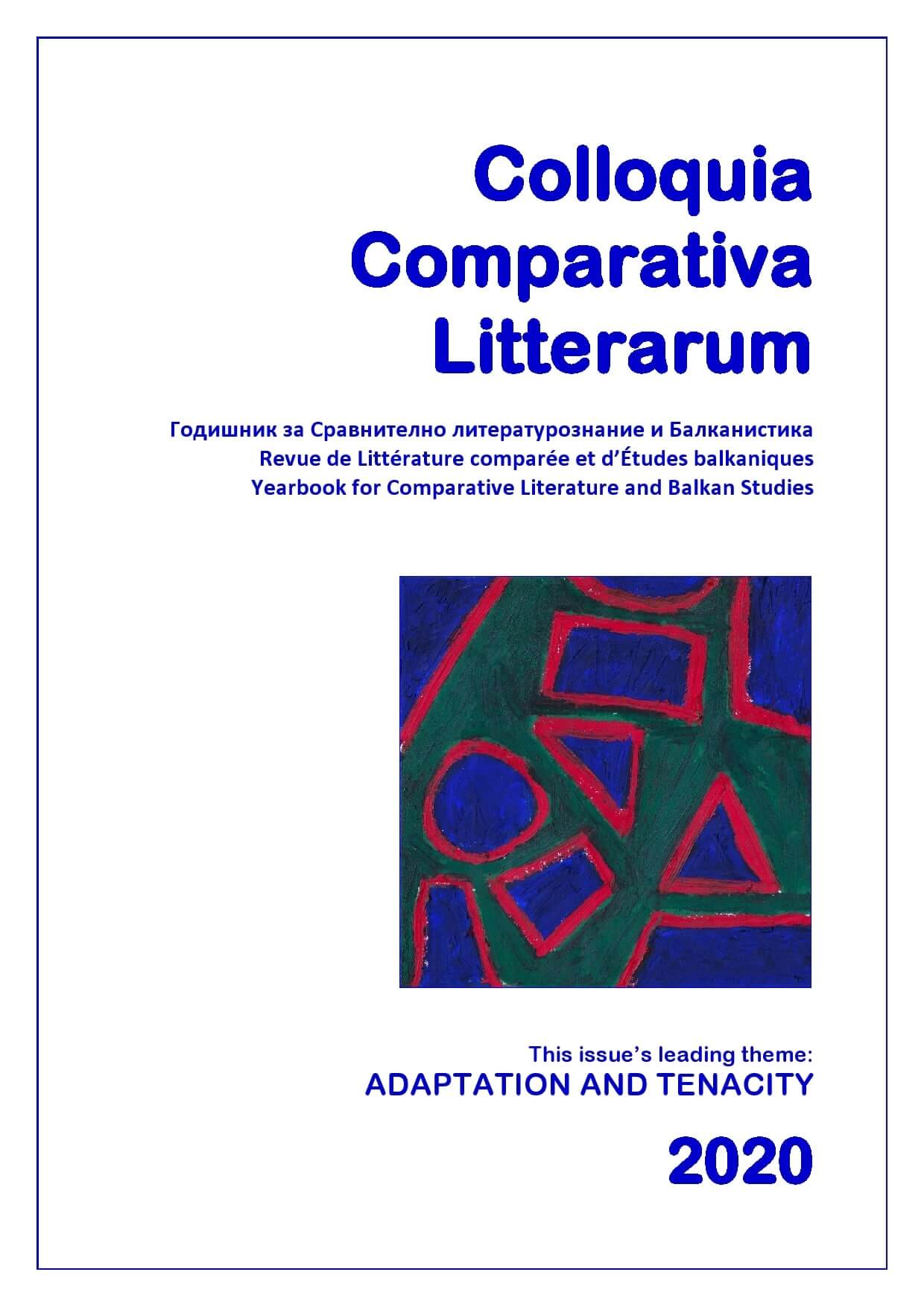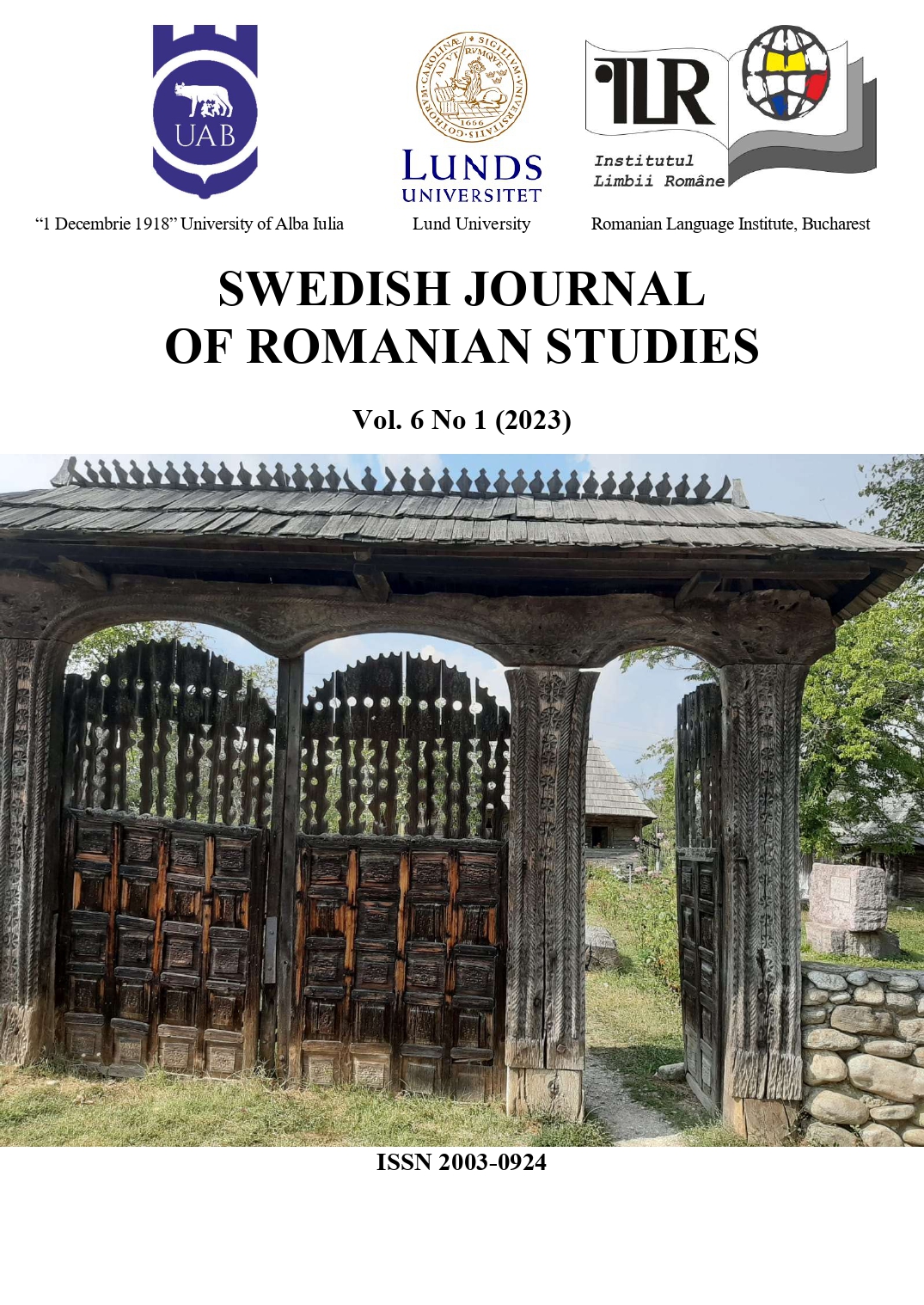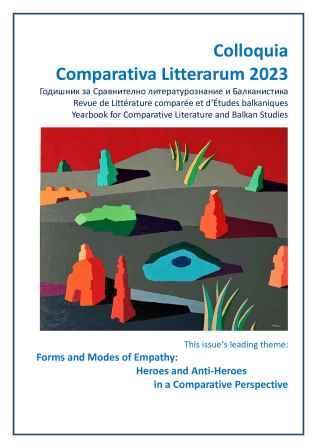
Acculturation Process and Ethnic Identity of Immigrants in Germany
In the present study, we discuss psychological acculturation, by which we mean the internal processes of change that immigrants experience when they come into direct contact with members of the host culture. The model we present builds on research in the areas of social and ethnic identity. Each of these perspectives is discussed in accordance with its relevance to the acculturative processes operating in immigrants. We understand ethnic identity as a dynamic state, that is determined by three components: (1) by the degree of inclusion in the group of one’s cultural origin; (2) the tendency to assimilate to the ethnic group of origin; and (3) the complementary tendency to differentiate from one’s own ethnic group. Social identity conveys belonging of the individual to different social categories and the value as well as emotional significance of this membership. We have sought to explain how the processes of social categorization, inand out-group identification and social comparison predetermine the direction of the acculturation process and hence the intercultural interaction and wellbeing of the youth from immigrant backgrounds in Germany. Results indicated that immigrants who have more identified themselves with dominant society have expressed the strong preference to integration strategies. The immigrants that had a high degree of ethnic identification have expressed the low preference to the integration as well to marginalization and assimilation. In its turn, the powerful feeling of belonging to an ethnic group and attitude towards the group promotes immigrants segregation choice.
More...














![За книгата: Румяна Л. Станчева. Сравнително литературознание. Фаталната жена и 5 европейски кройки на романа. София, Изд. Колибри, 2023. [Roumiana L. Stantcheva. Littérature comparée. La femme fatale et 5 coupes européennes du roman]](/api/image/getissuecoverimage?id=picture_2024_82646.jpg)